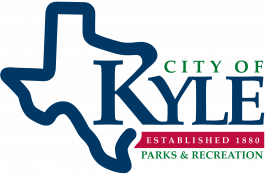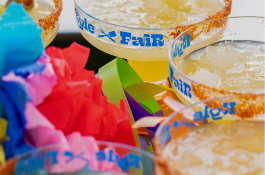Stormwater Tips: How To Do Your Part
Ways to help protect our water
- Bag your pet’s waste–don’t just leave it there. Leaving pet waste on the ground increases public health risks by allowing harmful bacteria and nutrients to wash into the storm drain and eventually into local waterbodies
- Keep storm drains free of leaves and other debris
- Don’t apply pesticides, fertilizers and herbicides before it rains. Contrary to popular belief, the rain won’t help to soak these chemicals into the ground, it will only help create polluted runoff into our local creeks
- Select native and adapted plants and grasses that are drought and pest resistant. Native plants require less water, fertilizer, and pesticides. Learn more about native and adapted plants at https://www.wildflower.org/collections/collection.php?collection=TX_central
- Never blow or sweep yard debris in the storm drain. Bag the debris and throw away or recycle
- Use a commercial car wash facility (water used at a commercial car wash facility goes to the sewer system, not the storm drain)
- If you change your car’s oil, don’t dump it on the ground or in the storm drain; dispose of it properly at an oil recycling center
- Check your car, motorcycle, or boat for leaks. Clean up spilled fluids with an absorbent material; don’t rinse the spills into the storm drain
- Don’t get rid of old or unused paint or chemicals by dumping it down the storm drain; dispose of paint and other household hazardous waste at recycling facilities. Kyle residents can use the Household Hazardous Waste Collection Center FREE OF CHARGE; see brochure below
- Don’t mess with Texas! Throw litter away in a garbage can, not out your window and recycle what you can
- Report illicit discharges
- BULKY AND BRUSH PICK-UP Another part of the expanded residential service is large bulk and brush collection. Kyle residents can contact TDS once per year to have items such as furniture, appliances or bundled brush of up to 3 cubic yards (approximately the size of a washer and dryer) picked up at no additional charge. Call TDS at 1-800-375-8375 to arrange a pick-up.
Control runoff and erosion
- Removing vegetation or covering the ground with pavement and buildings prevents water from soaking into the soil. During rainstorms, this water flows across the ground, picking up oil, pesticides, fertilizers, grit or anything else that will float, dissolve or be moved along. These pollutants are carried into the surface water and ground water
- Retain natural ground cover whenever possible
- Stabilize areas of bare soil with vegetation as soon as possible after grading. Plant more trees and shrubs, they capture and hold a lot of rain before it reaches the ground. Wherever possible, keep existing trees and bushes and plant more
- Avoid landscaping plastic. Large plastic sheets used to prevent erosion or weeds create as much runoff as paved streets. Use burlap on hillsides and perforated landscaping fabrics on level areas
- Collect roof water with a rain barrel and use the collected water for the garden
No Pile Left Behind – Get the Scoop on Poop
Report a Spill, Illicit Discharge and Illegal Dumping




